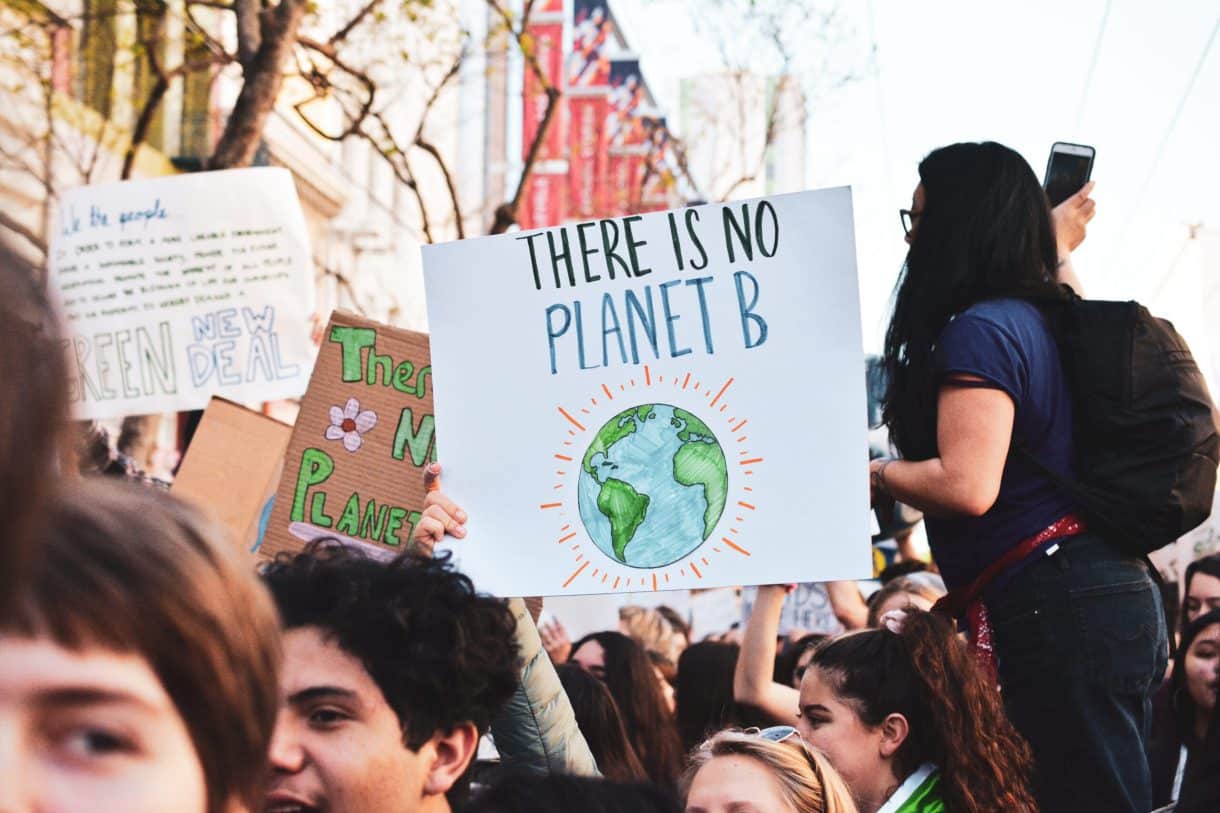
Voluntourism: Does it do more harm than good?
Travelling and discovering the world isn’t enough anymore. Young people are becoming increasingly aware of the issues of the world and many using their trip to help local communities. But with a limited set of skills and little time, it’s hard to make a difference. Read on to discover the problems of volunteer tourism, also known as ‘voluntourism’. We’ve also included some advice for volunteering and doing good on your travels, learning from the good and bad experiences of some of the most wonderful humans.
SHORT ON TIME? JUMP TO THE RELEVANT SECTION HERE:
Click any of the bullets below to be taken straight to that section

WHAT IS 'VOLUNTOURISM'?
“Voluntourism” is the merging of volunteering and tourism. It’s a growing trend of altruistic travel, particularly among gap-year students from western countries.
Travellers choose to do voluntary work, sometimes in exchange for bed and board, while travelling and exploring their destination. There are countless opportunities to volunteer abroad. Travellers can build toilets in Uganda, plant trees in Costa Rica, conserve species in Peru or teach English in Nepal.
Voluntourism has been described as an oxymoron between selfishness and selflessness. We volunteer because we want to give but we derive so much personally from that giving. If we’re not careful, volunteering abroad can do more harm than good.
So, what are the problems with Voluntourism?
THE PROBLEMS WITH VOLUNTOURISM:
Voluntourism is a huge industry. There are an estimated 1.6 million tourists per year that participate in some form of volunteering. It’s an industry worth between £800 million and £1.3 billion. And often, it’s a case of ‘profit before people’. Selling poverty and exploiting the good intentions of others is a profitable business. One volunteer described her £2000 volunteering experience as ‘frustrating’ as so little was achieved during her placement.
Voluntourists usually travel for a limited amount of time. This means that they have a limited ability to provide genuine support to the places they visit. Most volunteers just don’t have the skills required to bring around real change. They often don’t stick around long-term to build these skills. After a quick mood-boost and a few photos for social media, they move on to their next location.
The sad truth is that many volunteers are unaware of the damage they’re causing. They think that they’re genuinely doing good.
HERE ARE THE MAIN PROBLEMS WITH VOLUNTOURISM:
#1 VOLUNTEERS DON'T HAVE THE RIGHT SKILLS
Most travellers simply don’t have the skills needed for projects, whether that’s building toilets, teaching children, or helping doctors. There is usually no expectation for them to stay in one location for long enough to be trained properly.
This can be particularly problematic in construction-based projects, such as building houses or toilets. Most volunteers have little to no background in construction and may produce poor quality or unstable work. This makes more work for the local community, who have to spend time, money and energy to fix things that should have been done professionally in the first place.
One eighteen-year-old from the UK thought that volunteers that were given the task of building a well were ‘far more of a burden than a help’. She agreed that it would have been more sustainable if locals had been trained and paid to do this job. A second volunteer Amelia, also admitted that volunteers were not given much training for their ten-day programme. However, she thought the house that they built (under professional supervision) made a ‘huge difference to [the family’s] everyday life’.
#2 VOLUNTOURISM DISRUPTS THE LOCAL ECONOMY
Unskilled volunteers often take jobs that could be done by local people, which is unsustainable in the long run. Volunteers prevent locals from learning or being taught skills that could then be used to sustain the community. It leaves communities forever reliant on external help.
‘Give a man a fish and he’ll eat for a day, teach a man to fish and he’ll eat for a lifetime’.
This saying has never held more true. Helping people is commendable but where possible, it’s better to help others help themselves. The time and efforts of volunteers could be better invested in sustainable projects. For example, making local communities more economically independent and self-sufficient or leading training workshops to boost employment.
Amelia travelled to Peru as part of a group that held training and activities for families. Trained volunteers from the programme ran skill-building workshops for parents in collaboration with a team of trained local people. Education and entertainment were provided for the children of those taking the workshops, which kept them ‘off the streets and away from Peru’s gang culture.’
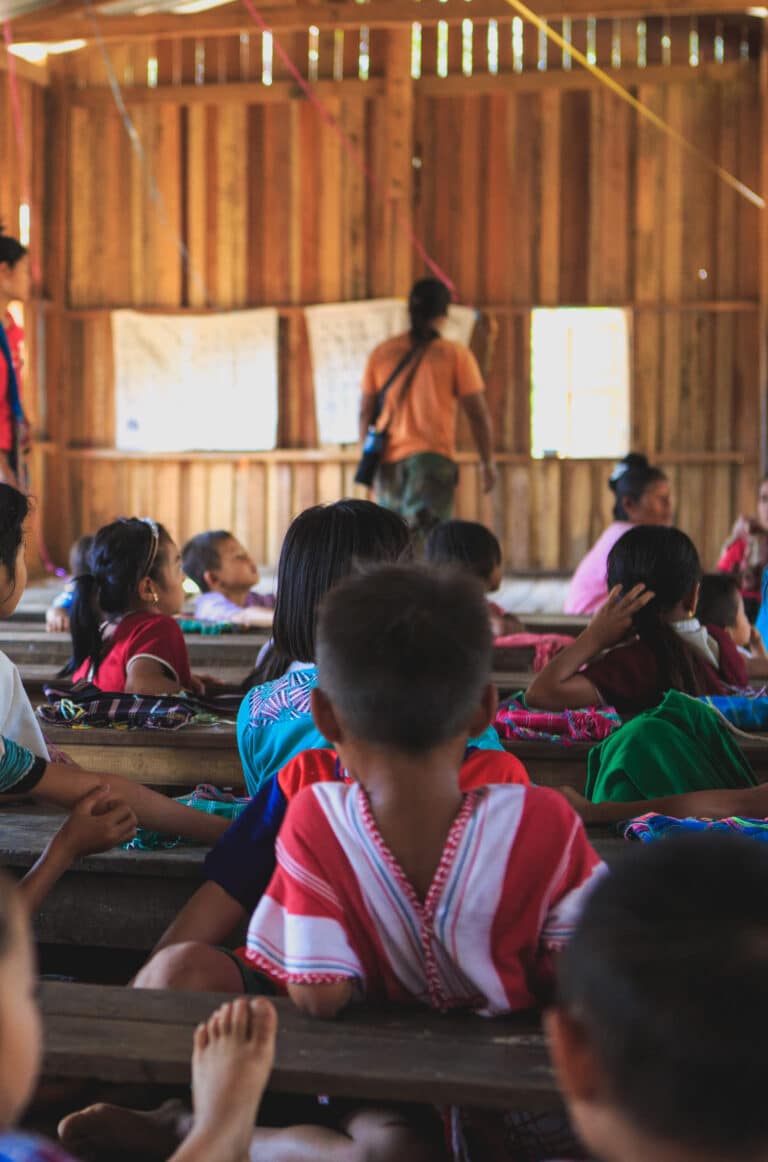
#3 VOLUNTOURISM DRAINS LOCAL RESOURCES
Communities receiving volunteers want to be great hosts and give the best impression of their country. Often, they pour money and resources into giving volunteers the best food and accommodations. Sending plane-loads of young people who are unskilled and unqualified is putting a burden on communities. They could, instead, invest this money into improving their own lives.
#4 VOLUNTOURISM CAN LEAD TO CHILD ABUSE AND DEVELOPMENTAL ISSUES
Children in need arouse compassion, leading to many tourists looking to volunteer in orphanages or schools. But these children are often exploited for tourists. Over 80% of children in orphanages have living relatives. Most have been separated from their families because of poverty, disability or discrimination.
This system normalises access to vulnerable children who have little to no privacy. The constant rotation of volunteers in orphanages and schools can lead to attachment disorders among children who grow up to expect all adults to enter and leave their lives so quickly. And in worst-case scenarios, children can be exposed to abuse and sexual exploitation.
Orphanages should be a last resort option. Instead, efforts should be put into building families and communities. We should be supporting them to care for their children rather than giving them over to be cared for elsewhere.
#5 VOLUNTOURISM CAN DISRUPT SCHOOL EDUCATION
Students worldwide are learning English to give them better opportunities in the future. A constant rotation of volunteers can disrupt their education. There’s often little to no communication between volunteers about what the children already know. This leads to them having huge gaps in their knowledge.
When describing her experience as an English tutor in Kyrgyzstan (a country that receives very few western tourists), Thuha thought it was a wonderful cultural experience for both herself and the children in the village. But she expressed concern about the lack of both volunteer screening and lesson planning. She explained that volunteers don’t have background checks and there’s no communication or set programme for teaching. This increases the a risk of the next volunteer covering the same topics.
John, who volunteered as a teacher in Vietnam also expressed concern about the lack of consistency in teaching methods and lesson plans brought about through constant changes of volunteers. His placement was just a few weeks, but he thought that ‘if [he’d] stayed longer, [he] would have been able to make more of a difference’ to children learning English. You can read more about John’s volunteering placement in Vietnam here.
#6 VOLUNTOURISM CAN LEAD TO 'WHITE SAVIOUR COMPLEX' AND PERPETUATE COLONIALIST ATTITUDES
When not done correctly, voluntourism can perpetuate patronising and unhelpful ideas. It can contribute to the stereotype that ‘developing’ countries and communities are waiting for westerners to come and fix their problems. Voluntourism can come across as another form of colonialism or a very patronising form of help, sending a message of ‘we are more capable than you’.
Travellers from developed countries see ‘problems’ to which they think they are the ‘solution’. They sign up to volunteer and then post about their trip on social media, usually without having stayed for long enough to understand the culture they have visited. This further enforces the ‘white saviour complex’ for those at home.
Hannah admits to having unknowingly contributed to this ideology on her first volunteer experience in Tanzania (2014). She is now an advocate for sustainable tourism, having studied International Development at university. Having focussed on projects surrounding charity contributions and sustainability, Hannah now runs her own blog. She writes about her adventures and encourages others to consider the impact of their activities when they travel.

THE BENEFITS OF VOLUNTOURISM
At its heart, volunteering whilst travelling is about giving. Volunteers gain cultural awareness that would not be achieved otherwise. If done properly, this can benefit communities and organizations away and at home. The key to voluntourism is sustainability, and when done in a sustainable way, the benefits of voluntourism are many.
#1 VOLUNTOURISM BREAKS CULTURAL BARRIERS
The best way to understand something is through direct experience. Voluntourism is an opportunity for people of all ages and backgrounds to broaden their cultural understandings. It has never been more important to open our minds to new cultures. Often, volunteers returning home are equipped with the mindset and passion to drive change in their own communities.
#2 VOLUNTOURISM CAN BE USED AS A FORCE FOR GOOD
Volunteering can give us the vision and mindset to change our own world, not just the communities we visit.
After a guilt-inducing experience of elephant tourism, Hilary decided to volunteer at ‘Elephant Nature Park’, one of the best-known ethical elephant conservation projects in Thailand. In addition to looking after the elephants, volunteers were also educated about elephant mistreatment and cruelty. She described the experience as ‘transformative’ and thought that volunteering at the sanctuary was ‘meaningful because [she] was helping to take care of [the elephants] instead of harming them’.
This experience planted the seed for her to found Yūgen Earthside, a sustainable travel company that aims to increase awareness and enable travellers to be more responsible on their adventures.

#3 WHEN DONE RIGHT, VOLUNTOURISM CAN BOOST THE LOCAL ECONOMY
Reputable placements abroad will work with volunteers in a sustainable way, which boosts the local economy but ensures that jobs are not being taken from locals. This makes research into these opportunities extremely important.
Read on for our list of questions volunteers should ask themselves before they set off for their placement.
QUESTIONS TO ASK BEFORE VOLUNTEERING ABROAD:
Our aim is not to discourage volunteering abroad. Instead, we want people to make informed decisions about what they do and where.
Most people who volunteer overseas genuinely want to do something meaningful and experience a new culture. But motives behind projects often aren’t humanitarian or charitable in any way. Some companies that arrange this type of travel may be more concerned with creating a ‘life-changing’ experience for their customers. These trips are often planned ‘for fun’ and then ‘let’s throw in some volunteering’.
There are three things to consider to ensure your time overseas is spent making a real difference. The volunteer company you use; the volunteering program itself and the skills you can bring.
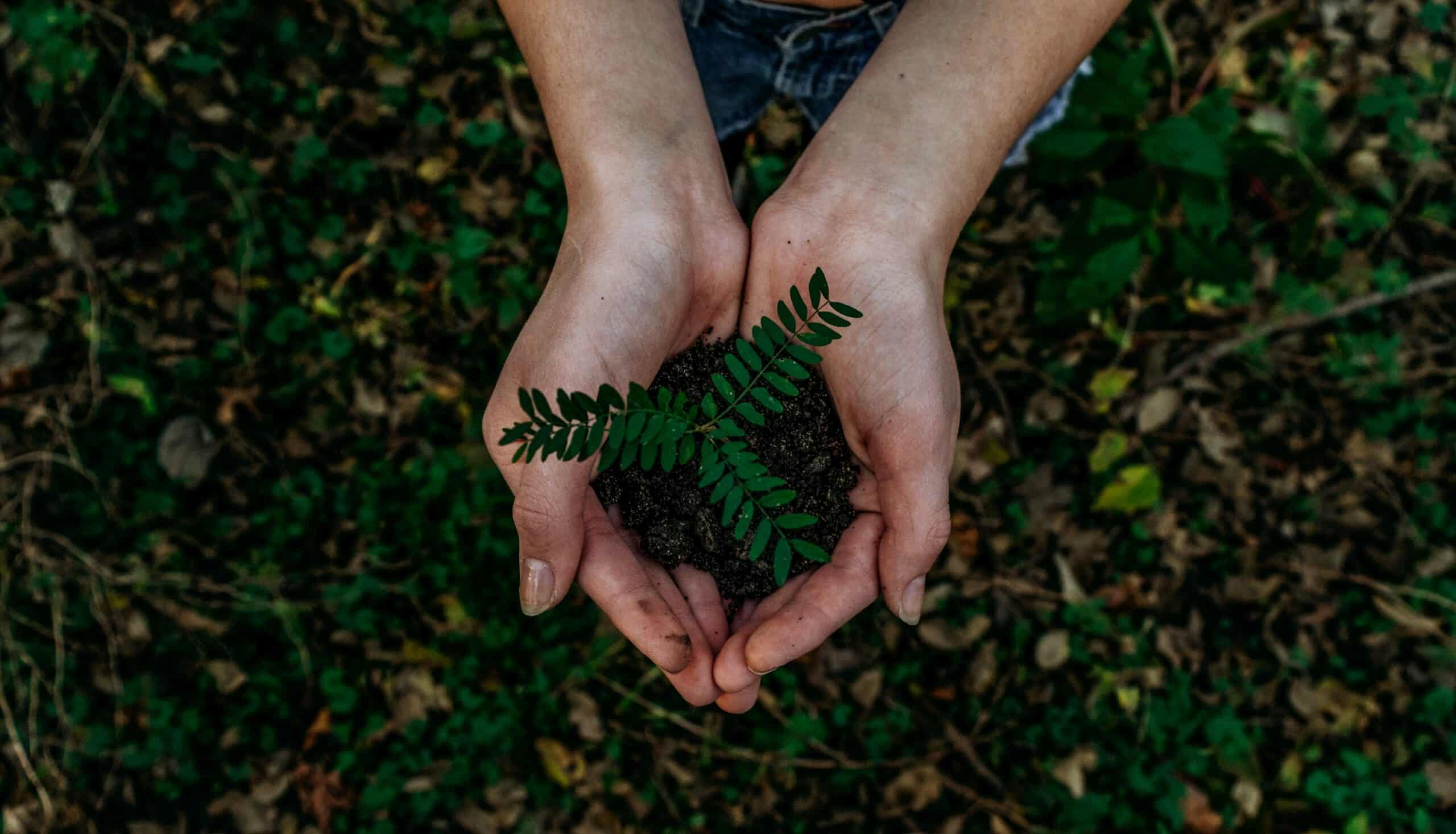
QUESTIONS TO ASK YOURSELF BEFORE VOLUNTEERING ABROAD
#1 WHAT ARE YOUR MOTIVATIONS BEHIND GOING ON THIS TRIP?
Think carefully about what sort of volunteering you want to do and where you want to do it. Maybe you want to travel to a country in Africa or Asia because you see poverty and you want to help. But there’s poverty everywhere, including your community.
Ask yourself why you feel the need to cross oceans to work with a specific community in a specific country? Do you have a link to those you wish to help or are you doing it just to travel and see a new place. If this is the case, volunteering whilst travelling might not be the best idea.
For example, volunteer Sayuu, was invited to participate in a voluntary placement in Tanzania, her country of birth and childhood home. Volunteering in a country she had a link to gave her a stronger connection to the communities she left and allowed her to give back to the people there.
#2 BE REALISTIC: WHAT SKILLS CAN YOU CONTRIBUTE?
Think about what skills you have to offer that will be of use to the local community. Don’t be tempted to volunteer for projects for which you are not skilled or qualified – e.g. teaching English, construction projects, or providing medical care.
One way around this is through finding an unpaid internship, which will often require a certain level of experience or qualifications. When there is a need for this role in a community, volunteers can improve their skills and cultural awareness whilst having a positive impact on the places they visit.
#3 ASK YOURSELF 'WOULD I DO THIS IN MY OWN COUNTRY'
Would you be able to walk into an orphanage with no background checks and start playing with the children in the place you live? What about building a toilet or school with no former construction training, or working in a hospital without a medical background? If doing an activity at home would be a no-no, why should this be any different when volunteering?
Again, think carefully about the activity. There are always options that are accessible to most skill sets, such as planting trees or working in an ethical elephant sanctuary. Leave the skilled labour, e.g teaching, medical care, and building, to the professionals!
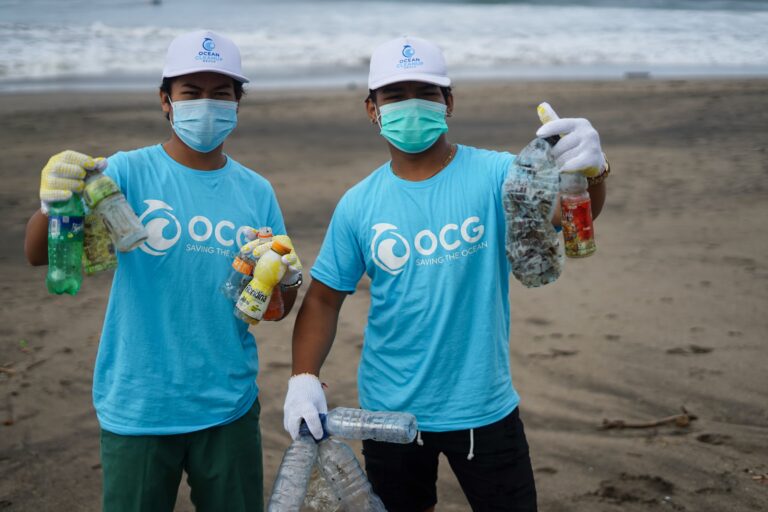
QUESTIONS YOU SHOULD ASK ABOUT THE PROJECT
So, you’ve found a project that aligns with your values? But how do you know it’s a volunteer placement that will do less harm, and more good? Here are a set of questions that you can ask about your voluntourism placement to help you make the best decision.
#1 HAVE THE NEEDS BEEN SET OUT BY THE LOCAL COMMUNITY?
Find out why the volunteer project has been set up and why volunteers are needed. The project should be directed and run by local people as much as possible. Projects should be planned in advance, so ask for details on the goals and context of the project and how it will make a difference.
#2 IS YOUR VOLUNTOURISM PROJECT SUSTAINABLE?
Projects shouldn’t create a long-term dependency on volunteers; they shouldn’t start and end with you. Instead, they should focus on building a community to the point where it’s self-sustaining. Ask what happens to the project after you return home. How will this eventually be handed to the community you are working with?
#3 IS THERE A LOCAL ALTERNATIVE?
Volunteers can unknowingly take away employment opportunities from locals. Always look for projects that are bringing in volunteers to enhance local skillsets, such as to provide training or meet a short-term skills gap
Additionally, could you do this volunteering more locally? Volunteering in your home town or city is a great way to create long-term change in your community. Ask yourself why you need to do this abroad, and be honest with yourself about your motivations behind volunteering.
#4 IS THE PROJECT TAILORED TO YOU OR THE COMMUNITY?
Think about the project you want to work on. Does it exist to give volunteers a good time or will it actually contribute to the community you are travelling to.
Ella, a Speech and Language Therapy student, volunteered as a speech therapist in India during her third year of study. Not only was this a CV boost for her, it also brought necessary and needed skills to the community she worked with.
However, Ella also felt that programme was tailored to volunteers rather than the charity they were there to help. She did not agree with some of the activities organised for the volunteers, such as the observation of natives ‘as if they were in a zoo‘ and visiting a chained-up and painted elephant. She explained that she ‘felt forced into [these activities] even though they were completely ethically wrong’.
#5 ASK YOURSELF, WHERE IS YOUR MONEY GOING?
Higher cost does not always mean a better experience. Is the company transparent about where the money you are paying will go? It’s not wrong for the organisations to make a profit but most of the money you pay should be going into the community or project. If you’re not sure, ask and they should be happy to tell you. If a project isn’t transparent about costs, something’s wrong
#6 DOES THE VOLUNTOURISM PROJECT INVOLVE VULNERABLE CHILDREN?
We don’t recommend volunteering with children as it most often does more harm than good. If you really want to work with children, think about what you can contribute. Are you a qualified teacher, social worker or nurse? Make sure your organisation has a sound child protection policy and commit to staying for at least two months to minimise the feelings of abandonment these children face.
#7 DOES THE VOLUNTOURISM PROJECT INVOLVE ANIMALS?
Will your volunteering programme involve working with animals? If so, ask what procedures are in place to protect their welfare. Check whether the animal sanctuary is ethically run and that the animals have as much freedom as possible, with visitors playing a ‘hands off’ role.
Gem volunteered for two weeks at an elephant village in Surin, Thailand. She mainly helped to source food for the elephants and even helped making paper from elephant dung, which can be used to make notebooks and greetings cards. However, despite not seeing this herself, she was told that the mahouts would use a spiked goad to control the elephants through negative reinforcement. Gem recommends researching your volunteering trip fully and considering why you’re doing it.
#8 IS THE VOLUNTEER COMPANY REPUTABLE?
Read around to see if the company you will be travelling with has evidence of impact, there’s bound to be something written by staff and former volunteers.
Most reputable organisations also require you to ‘apply’ to volunteer, just as you would for a job. They’ll match your skills with the right project and provide you with pre-departure support and training. Be wary of organisations that do not have a vetting process.
Additionally, watch out for companies that use language such as ‘saving the world’ and ‘giving children the love they need’ and avoid placements that promise volunteers they’ll change lives in just a few weeks. Don’t fall for companies heavily selling the ‘travel and tourism’ part of the trip and instead, look for an emphasis on partnerships and sustainability.
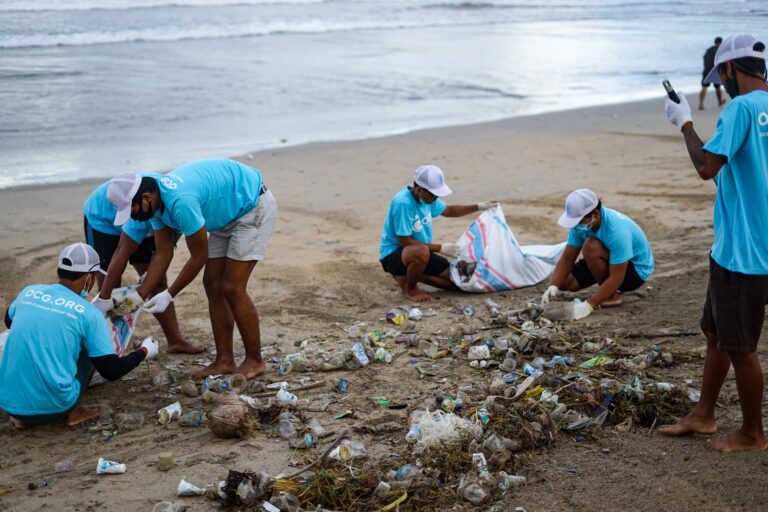
HOW TO GET INTO A REPUTABLE VOLUNTEER PROGRAMME ABROAD?
#1 DO YOUR RESEARCH
So, you’ve asked yourself the questions above and settled on a few ideas about where you want to go and the skills you can bring. Now it’s time to look for a company. But where to start…
One great way to minimise harm when volunteering abroad is to go through a reputable organisation. Megan volunteered in Senegal for 12 weeks as part of a programme funded and organised by the UK government in collaboration with a reputable charity. She described her time there as ‘eye-opening’ and made friends for life, bonding through shared activities such as clearing floods and building toilets with a community that didn’t have any.
Unfortunately, the voluntourism industry isn’t regulated by a single accreditation body. The International Ecotourism Society has a list of guidelines for tour operators that will give you a good idea of what good practice is. Going through trusted organisations, such as the government-run organisations and well-known NGO’s will keep you from inadvertently causing harm on your trip. Make sure you ask questions and if something seems weird, don’t go.
#2 USE YOUR SKILLS
Think about what skills you have and how you can use these to contribute to a local community or volunteer project.
Ella volunteered in India as part of a programme organised by her university. She used her skills from her degree to educate teachers about developmental delays and special needs in children. Her group were able to implement support measures and she saw the trip as an opportunity to fundraise and bring essential learning supplies for the school. She felt like she made a difference to the staff and children she worked with. However, she thought that the five-day programme was unsustainable considering the travel time from the UK, and the amount of ‘tourist’ activities they did.
#3 VOLUNTEER FOR LONGER
Volunteering for a longer period of time is one way to bring the maximum benefit, especially for those that want to work with children. One volunteer described a retired man from the US, who rented a flat in a small Tanzanian community to work alongside an orphanage and school. By staying there long-term, he minimised the harm caused to the development and education of the children he worked with and benefited the community through supporting local landlords and businesses.
If you want to work with children, why not consider earning a TEFL qualification. You’ll most likely be contracted for a minimum of one year, but this long-term employment ensures stability for the children and their education. Being supervised at the start of your placement by the teacher before you and training your replacement before you leave ensures a seamless transition for the children.
You could also consider volunteering at a summer camp, such as Camp America. Matty and Sintija volunteered with Go To Co, a not-for-profit social enterprise that allowed them to get practical experience working with children at summer camps whilst earning a TEFL qualification. This short-term holiday experience would not have affected psychological health or disrupted their formal education. Full background checks of the volunteers were carried out by the organisation before their arrival
#4 VOLUNTEER SOMEWHERE THAT YOU LITERALLY CAN'T GO WRONG
There are so many opportunities to volunteer somewhere where you can only do good. Whether that’s planting trees in Costa Rica, helping out at a hostel in Panama, or living aboard a boat whilst you clear trash from oceans and beaches in Norway.
If there’s a genuine need for volunteers instead of employing local people, then projects like those above can only do good, or at least do no harm! They don’t require any special skills or previous experience and you likely won’t be taking employment away from local communities. It’s a win-win situation!

MORE SUSTAINABLE WAYS TO COMBAT GLOBAL ISSUES
#1 VOLUNTEER IN YOUR COMMUNITY
This might be a less ‘insta-worthy’ option, but if you’re wanting to help others, there are hundreds of local organisations that could use an extra pair of hands. Whether it’s serving at a soup kitchen or helping out at a local youth group, there’s bound to be somewhere you can use your skills and build experience. Volunteering at home is also likely to be more impactful and do more good than harm.
One great example is an exchange student from Malaysia, who volunteered in a food bank during her semester in Nottingham, UK. She described this as a ‘rewarding experience’ which allowed her to give back to the local community. It also ‘allowed [her] to feel less mentally drained’ from university life.
#2 VOLUNTEER IN YOUR HOME COUNTRY
Volunteering within the country you live is great for so many reasons. You can still discover a new place, but you lower your carbon footprint by not travelling so far. Most likely, there will be laws to keep yourselves and others safe. Staying local is also a great place for those wanting to work with children. Most western countries have rigid child-protection schemes and thorough background checks to ensure that this is done safely.
Sarah drove fifteen hours to volunteer in Florida with Habitat for Humanity, an non-profit housing organisation. Staying within the USA and travelling as part of a larger group helped her to help others whilst minimising her emissions.
#3 STAY INFORMED
Reading the news and keeping up-to-date with current world issues is a great way to begin lobbying for change. Voting, campaigning and signing petitions can help change the world one signature at a time. And sharing information through social media can bring global events to the eyes of those who might not be so interested.
Go to events. Learn. Grow. Join a protest. Share a petition. Don’t be afraid to call out people who are wrong. Change starts at home.
#4 DONATE TO NGO'S AND REPUTABLE CHARITIES THAT ARE MAKING A DIFFERENCE
If you really want to bring about change, donating money to NGOs that carry out real life-changing work is a great thing to do. This will ensure that skilled help is getting to the people that need it in the least harmful way possible. You might not see the direct effects of this, but most likely you’ll make more of a positive change than if you tried to help the community yourself.
IN SUMMARY...
If you want to help others whilst travelling, voluntourism might not be the way to go. It’s easy to become a victim of this market where your good intentions can be exploited for money. Remember, it’s crucial to think critically and do your research before engaging with these kinds of programmes.
LIKE IT? PIN IT!
WANT TO COME BACK LATER? SAVE THIS POST TO YOUR TRAVEL PINTEREST BOARD!
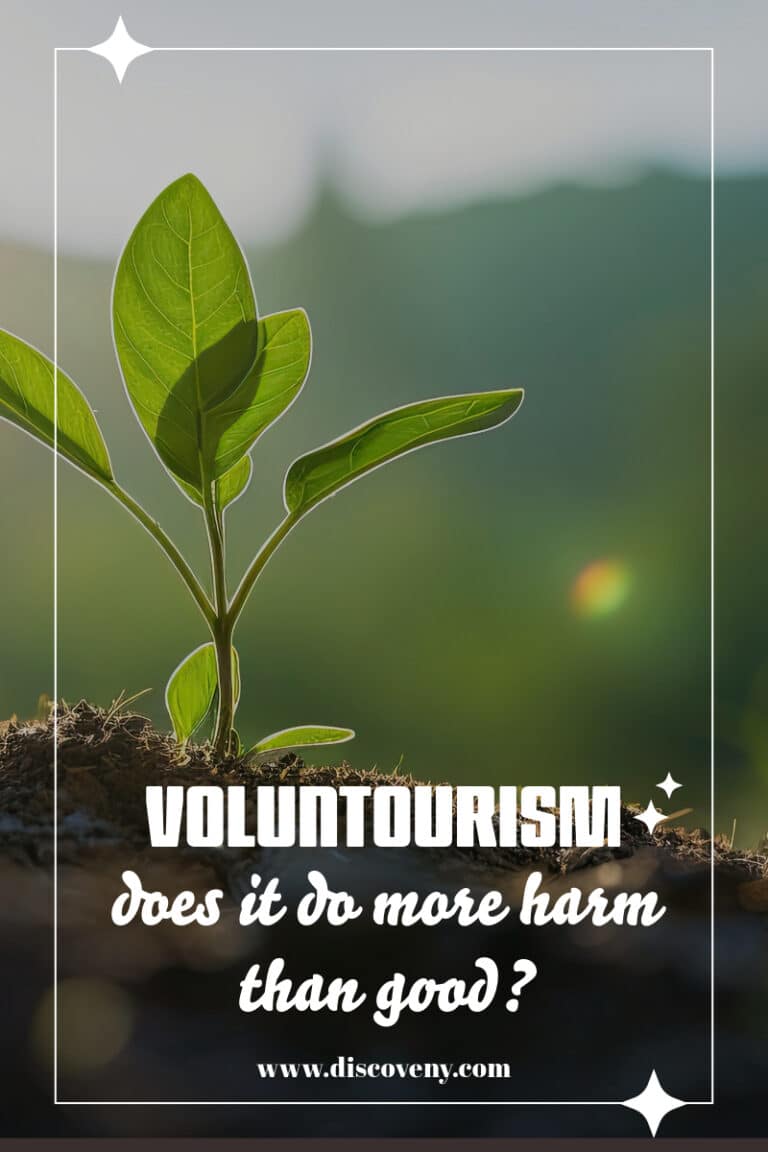
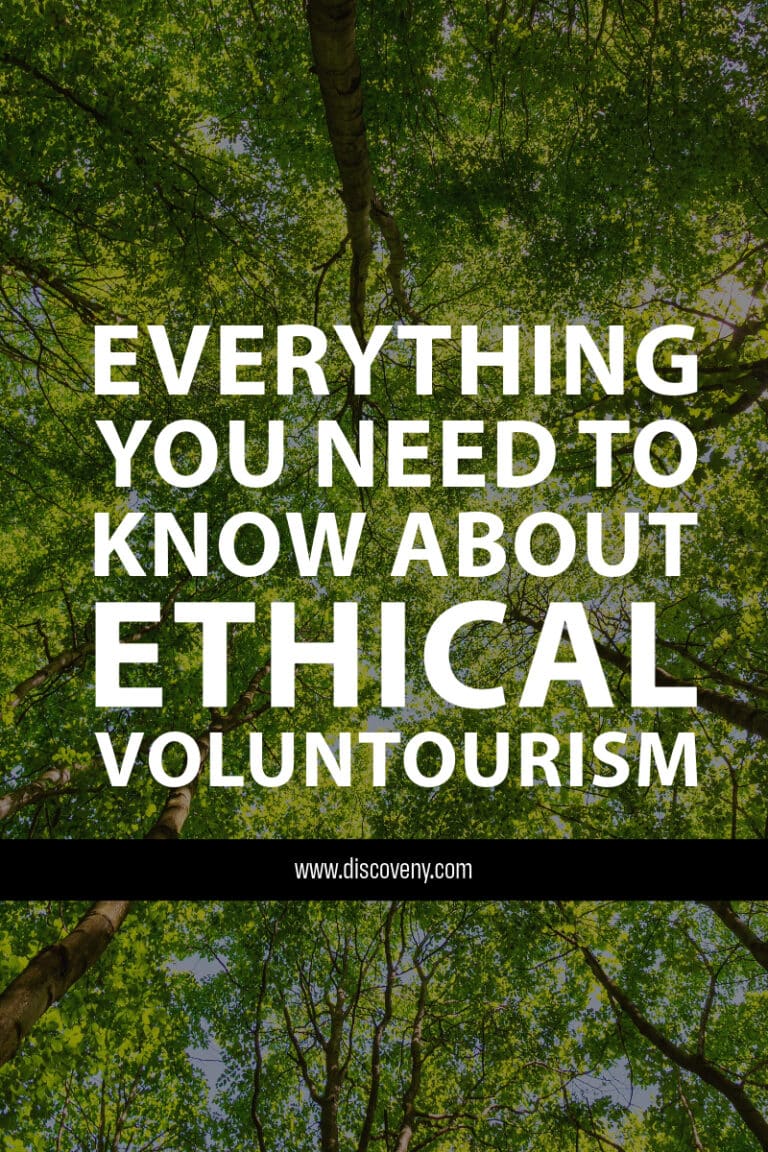
A huge THANK YOU to all the wonderful people who volunteered their stories and experiences for this post.
Check them out below! Clicking on the photos will take you to their social media profiles. Clicking on the names will take you to their blogs and websites.
References
If you want to learn more, we recommend watching this short documentary – The Voluntourist: Is voluntourism doing more harm than good?
Other resources we consulted for this post include:
Will Coldwell (2014) Volunteer holidays: how to find an ethical project. The Guardian. [Accessible here]
Tina Rosenberg (2018) The business of voluntourism: do western do-gooders actually do harm? The Guardian. [Accessible here]
Travel Earth (2019) Does voluntourism do more harm than good?. Medium.com [Accessible here]
Have you ever volunteered abroad? How was your experience? Let me know!
You can leave a comment below or drop me an email here.
Disclaimer: The information and advice provided in this blog are the author’s opinions and based on their personal experiences. All information was accurate at the time of writing. However, things can change quickly, so always double-check current conditions and guidelines before setting out. Remember, your travels and safety are your own responsibility, and this blog can not be held responsible for anything that might happen on your adventures! Always exercise caution and good judgment. Oh, and don’t forget to get travel insurance! Happy travels!
This post may contain affiliate links (yay for transparency!) This means that I will earn a small commission, at no additional cost to you, if you click the link and choose to buy the product. I only link to stuff I have personally bought and found useful and never endorse crap. Your support helps keep the site going, thank you!
Alice
Alice is a UK travel blogger who advocates sustainable travel and being more eco-conscious on a budget. She loves coffee, her houseplants and summiting mountains.
You May Also Like

When Helping Hurts: 13 Scary Problems with Voluntourism
February 10, 2024
What I wish everyone knew about slow travel
February 6, 2021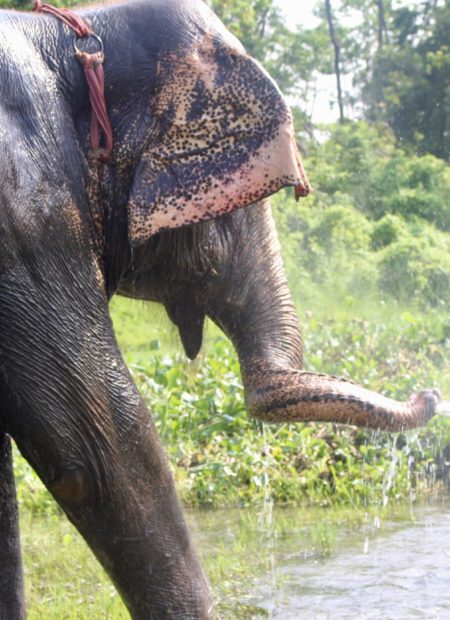
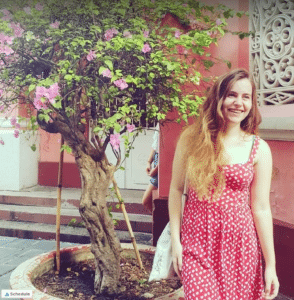
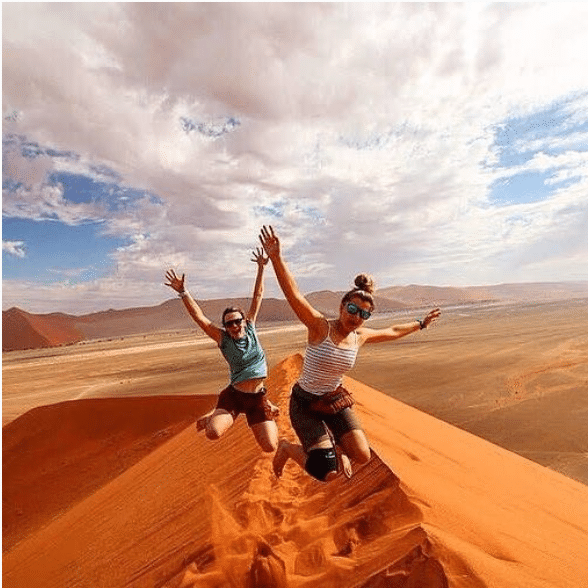
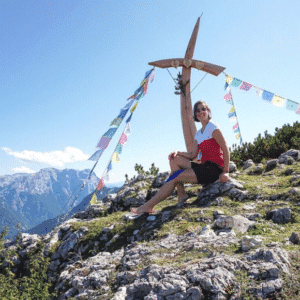

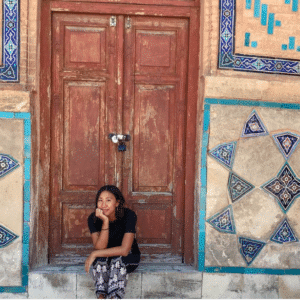

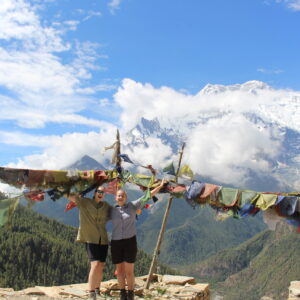
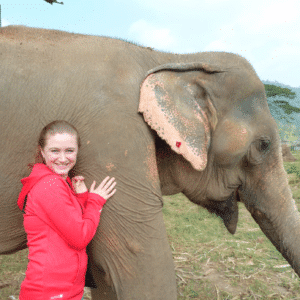

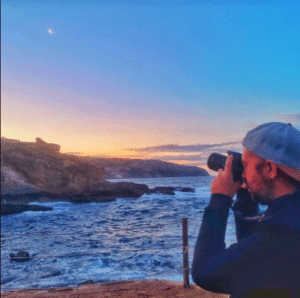
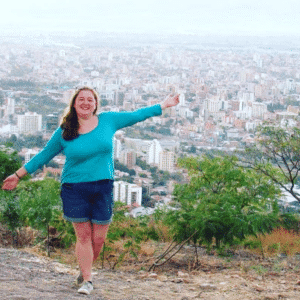
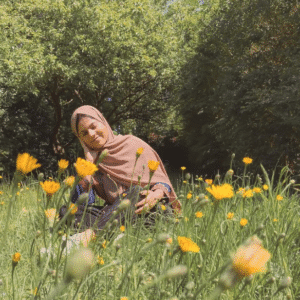
8 Comments
Thuha
WHAT an awesome job! I hope everyone reads this before considering going on a volunteer trip. There’s so much shady shit going on with volunteering but It also has real potential to do something good. We just need to choose the “right” project
Alice
Awhh thanks Thuha! And thank you for your insights and contributions. It’s so nice to have such a like-minded person to discuss these things with
Sara
I really enjoyed this thought provoking blog. So many valid points that I’d never actually thought of before. Really good read, thanks!!
Alice
I’m really glad that you found value in it, I hope it’s useful for you one day!
hilarymatson
This is such an important topic, and I really admire the way you dove into it with both personal stories as well as external sources. Very comprehensive. Bravo!!
Alice
Thank you so much Hilary! I agree, there’s not a comprehensive source for voluntourism – most either deal with the pros/cons or deal with how to be a good volunteer. Thank you so much for your stories and insights 🙂
Kay Black
Great info – I began with a desire to travel and volunteer as a useful reason to travel and offset the impact of travel & to get immersed in a local community & culture & support
My love of animals – now mmm would I be better just ethically donating $ or doing an ethical tour that give back and employs people from the local community .
The video was great – good insights
Thanks
Alice
Volunteering on your travels isn’t inherently bad! It’s just so many companies are using it to make a quick buck, without actually offering any meaningful or long-lasting help. There are so many ethical animal volunteering schemes out there, it’s just a matter of doing some research and making sure the company really does have the animals’ welfare at heart. One of my favourites that I’ve come across is Stand Up 4 Elephants in Nepal. They’re a great example of an NGO that works primarily with the local village and takes volunteers long enough to teach them helpful skills that have a real benefit.